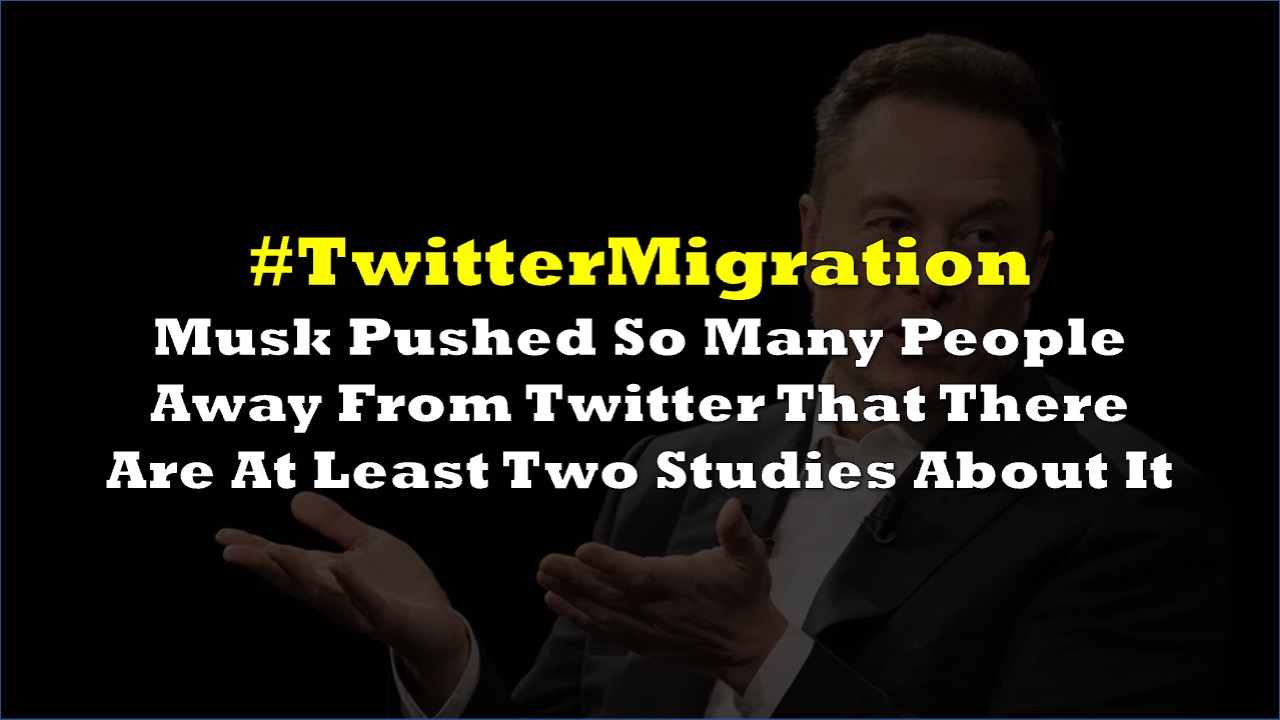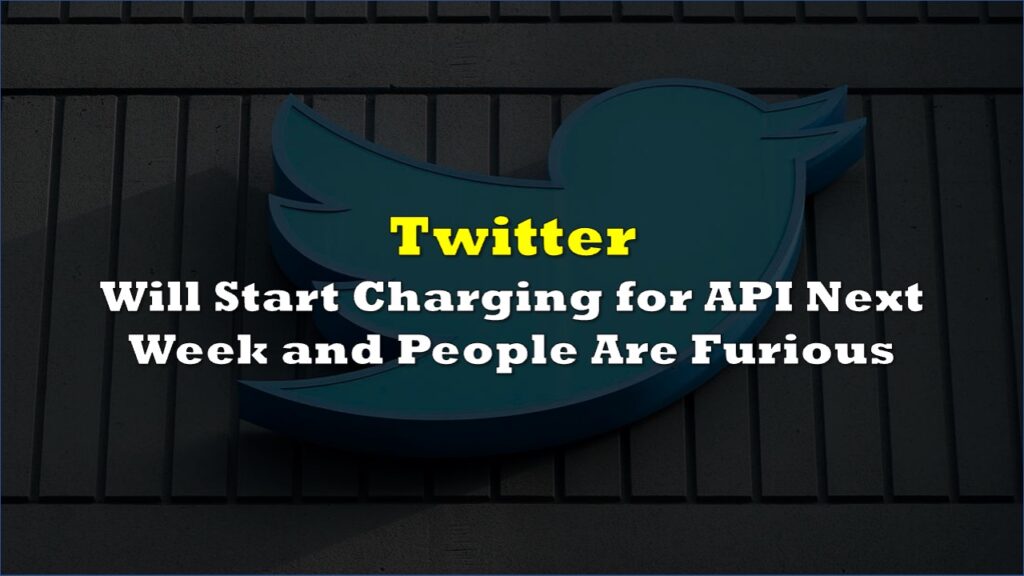While the whole #TwitterMigration to Mastodon movement may not have been sustainable — for a number of reasons, chief of which being that not a lot of people really know enough/care about decentralization yet — the surge or initial reaction was significant enough that it became the subject of at least two scientific studies.
“Drivers of social influence in the Twitter migration to Mastodon,” published in Nature on December 7, 2023, uses the phenomenon as the basis for studying collective behavior and the drivers of coordinated action in online media.
“This mass exodus from Twitter represents one of the largest digital migrations in the history of the Social Web and a unique example of collective behavioral change that is documented through large-scale digital traces, that can thus be studied quantitatively and at scale,” researchers Lucio La Cava, Luca Maria Aiello, Andrea Tagarelli wrote.
An earlier study, “User Migration across Multiple Social Media Platforms,” published on ResearchGate in September 2023, examined the migration of over 16,000 accounts from Twitter not just to Mastodon but also to other similar platforms like Threads and Bluesky.
Recognizing the sheer size of the migration, it looked at the “distinguishing attributes of Twitter users who migrated, compared to non-migrants; temporal migration patterns and associated challenges for sustainable migration faced by each platform; and how these new platforms are perceived in relation to Twitter.”
While the results of the studies may be irrelevant to present-day Twitter because it still exists, people still use it (welcome back, conspiracy theorist Alex Jones!) and the migration did not pan out, what’s notable is that both establish that the migration was triggered by the acquisition of Elon Musk in October 2022 and the changes that he enforced shortly after — the mass layoffs, the suspension of some journalists’ accounts, wrongful tagging of mainstream media organizations, and the discontinuation of free API access.
But while Mastodon downloads were down 99% by February, it doesn’t mean people are coming back to X.
X engagement metrics have shown a consistent downward trend, according to data from SimilarWeb. App downloads globally fell by around 38% from October 2022 to September 2023. In the US, mobile app downloads saw an even more substantial decline of 57% during the same period.
Similar trends were observed in user activity, with a global monthly active user decrease of 14.8%, and in the US it was even higher at 17.8% for September year-over-year.
Related: Twitter’s Value Down by 65%, Fidelity Reports
Information for this story was found via Nature, ResearchGate, Fortune, Ars Technica, and the sources and companies mentioned. The author has no securities or affiliations related to the organizations discussed. Not a recommendation to buy or sell. Always do additional research and consult a professional before purchasing a security. The author holds no licenses.









